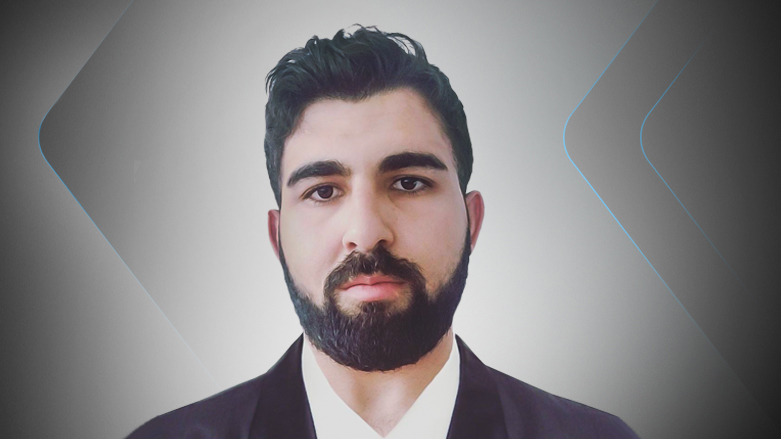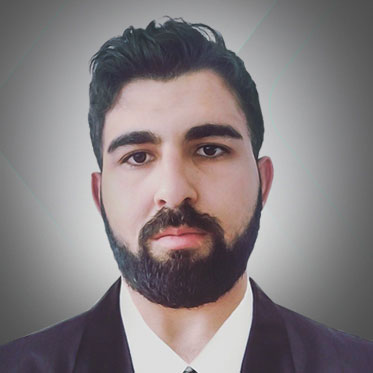Kurdish struggle in Iran and its impact on Middle East

Since the Syrian civil war and the emergence of the Islamic State (IS), the Kurds in Iraq, Turkey and Syria have been making headlines across the globe for their bravery and valor on the battlefield. Furthermore, they have achieved some measure of autonomy and status. The Kurds in Iran have, however, been silent for the past 20 years or so. Recent events demonstrate that this is likely to change.
Despite decades of resistance and numerous peaceful attempts, Iran’s Kurdish question remains unresolved and tensions continue to simmer.
In 1989, the then Secretary General of Kurdistan Democratic Party of Iran (KDPI), Abdul Rehman Qassemlou, was assassinated by agents of the Islamic regime while attempting to negotiate a peaceful resolution to the Kurdish question in Vienna. In 1992, his successor, Sharafkandi, met the same fate at the Mykonos restaurant in Berlin seeking to meet Iranian opposition figures.
Consequently, the KDPImoved its base to Iraqi Kurdistan in 1996 and its influence gradually declined as internal squabbling split the party.
In 2015, the KDPIcaught most analysts by surprise as it began deploying its Peshmerga to the border regions, which resulted in a confrontation with the Kurdistan Workers Party (PKK) fighters who occupy the Qandil Mountains, an area traditionally operated by the KDPI.
Since June 15, KDPI Peshmerga forces have become increasingly active in different cities and towns of Rojhalat (Iranian Kurdistan) leading to clashes with the Iranian Revolutionary Guard Corps (IRGC) forces and a contested number of casualties by both sides.
In response, Iran indiscriminately shelled the border areas of Iraqi Kurdistan, alarming KRG officials in Erbil as a top IRGC commander threatened to invade the region to eradicate the KDPI if it continues its activities inside Iran.
Moustafa Hejri, the current Secretary General of the KDPI, stated in a recent Kurdistan24 interview that Peshmerga forces have been sent with a number of cadres to conduct political activities in Rojhalat and that they have only acted in self-defence. However, he along with other top cadres have vowed to continue their struggle despite threats by the Islamic regime.
Many analysts have been asking why the sudden reinvigoration of the struggle? Why now? Iran has pointed its fingers at Saudi Arabia and Israel, and accused them of backing and encouraging the KDPI to restart its political activities but the KDPI leadership has denied such allegations, arguing that they made the decision due to demands by the Kurdish people of Rojhalat and regional circumstances.
A question that has yet to be addressed, however, is the regionally transformative nature of a potentially persistent civil and armed struggle by the Kurds in Iran.
The current upheavals in the region that has led to rising tensions and a breakdown in diplomatic relations between Saudi Arabia and Iran ideally situates the Kurds of Iran to intensify their struggle inside Iran and internationally.
Many nonetheless cast doubt on the ability of the KDPI to sustain an armed struggle or campaign against the regime. The KDPI’s history of resistance against the regime clearly demonstrates that it’s a force to be reckoned with especially since it was able to force the regime to the negotiation table.
Moreover, the swift militarization of Kurdish areas by the regime, the shelling of KRG territory and threats by IRGC officials also indicates the regime apprehension about the challenge that the KDPI poses. More importantly, unlike the past, the KDPI is working hard to organize a united front that includes other Kurdish parties and the nationalities for a Federal Iran to confront the regime.
What impact then, would a renewed Kurdish insurgency in Iran have on the regime’s dictatorial authority and its involvement in a number of conflicts regionally? The fact of the matter is that the regime is not as strong as it likes to project.
The re-emergence of the Kurds and the multinational composition of Iran will most likely force the regime to shift its focus and resources inward to safeguard its internal security.
The regional impact of such a shift will be even more significant. Iran’s meddling in all hotspots of political and sectarian conflicts has put the stability of the region in grave danger. While other countries share blame for the current quagmire that is the Middle East, Iran’s attempts to expand and export its Islamic revolution has fertilized the ground for both Shia and Sunni extremism to thrive.
By challenging the dictatorial theocracy in Iran, the Kurds can alter the regime’s hegemonic strategy from an offensive one to a defensive one. Such a shift is likely to make a resolution to the Syrian civil war more possible given that Iran and Russia have significant influence and are the limbs that keep the Syrian regime from falling.
Halmat Palani is an English teacher and political science graduate from Simon Fraser University in Vancouver, Canada.
The views expressed in this article are those of the author and do not necessarily reflect the position of Kurdistan24.
Editing by DelovanBarwari
